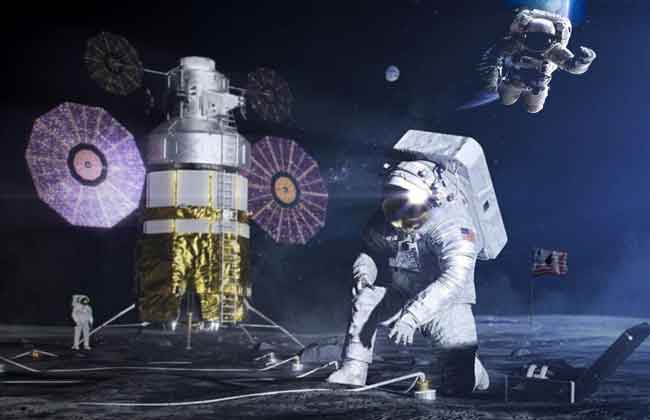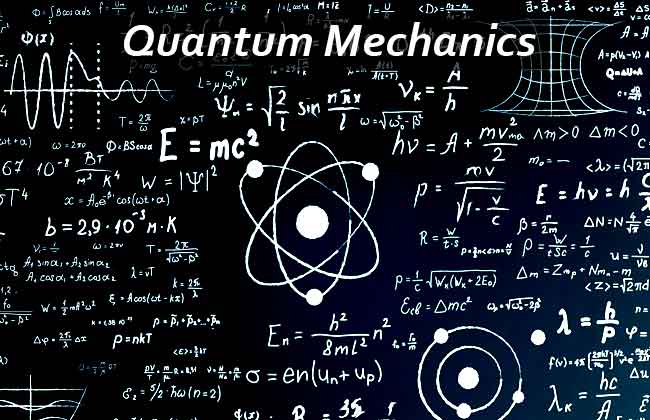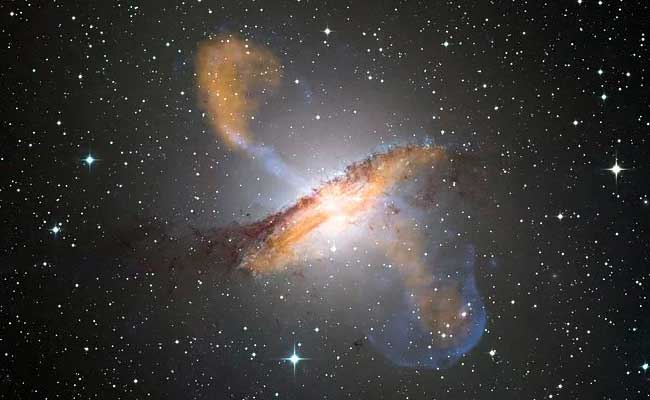Space exploration is an exciting field of study that continues to captivate the imagination of people around the world. Since the launch of Sputnik in 1957, humanity has made great strides in understanding the vast universe beyond our planet. In this essay, I will explore the benefits and challenges of space exploration, the history of space exploration, and the future of space exploration.
One of the primary benefits of space exploration is the knowledge gained through scientific discovery. Space exploration has allowed us to learn more about our planet, our solar system, and the universe as a whole. We have discovered new planets, moons, and asteroids that provide valuable insights into the formation of our solar system. We have also gained a better understanding of our own planet through Earth-observing satellites that track climate change, natural disasters, and other environmental factors.
In addition to scientific discovery, space exploration has also led to numerous technological advancements. The development of new materials, propulsion systems, and communication technologies has had far-reaching effects on our daily lives. For example, satellite technology has revolutionized telecommunications, allowing people around the world to communicate with each other in real-time. Space exploration has also led to advances in medical technology, such as the use of MRI and CT scans to diagnose and treat illnesses.
Despite the many benefits of space exploration, there are also numerous challenges that must be overcome. One of the biggest challenges is the high cost of space exploration. Launching spacecraft and conducting missions can be incredibly expensive, and many countries and organizations struggle to justify the cost of space exploration. Another challenge is the potential risks to human life. Space travel is dangerous, and there have been numerous accidents and incidents that have resulted in the loss of life. Finally, there are concerns about the environmental impact of space exploration. Launching rockets and conducting missions can create pollution and debris that can harm the Earth’s atmosphere and ecosystems.
The history of space exploration is a fascinating story of human achievement and perseverance. The first successful satellite launch, Sputnik 1, was launched by the Soviet Union in 1957. This event kicked off the space race between the Soviet Union and the United States, which culminated in the first moon landing by the United States in 1969. Since then, numerous countries have joined the space race, and space exploration has become a collaborative effort between many nations.
In addition to government-sponsored space programs, there are also numerous private companies that are investing in space exploration. Companies like SpaceX, Blue Origin, and Virgin Galactic are working to develop new technologies and launch vehicles that will make space travel more accessible to civilians. These private companies have the potential to revolutionize the space industry and open up new opportunities for space exploration.
Looking to the future, space exploration holds great promise for humanity. One of the most exciting developments in space exploration is the potential for human colonization of other planets. Mars, in particular, has been identified as a potential target for human colonization, and NASA has plans to send humans to Mars in the coming decades. If successful, this would be a historic achievement that would open up new opportunities for scientific discovery and human exploration.
Another area of focus for space exploration is the search for extraterrestrial life. Scientists believe that there may be other forms of life in our galaxy, and missions like the Mars 2020 mission and the Europa Clipper mission are designed to search for signs of life on other planets and moons.
Finally, space exploration has the potential to address some of the biggest challenges facing humanity, such as climate change and resource depletion. Satellites and other space-based technologies can provide valuable data and insights that can help us better understand and address these global challenges.
In conclusion, space exploration is a field of study that holds great promise for humanity. From scientific discovery to technological advancements, space exploration has the potential to improve our lives.
![]()





